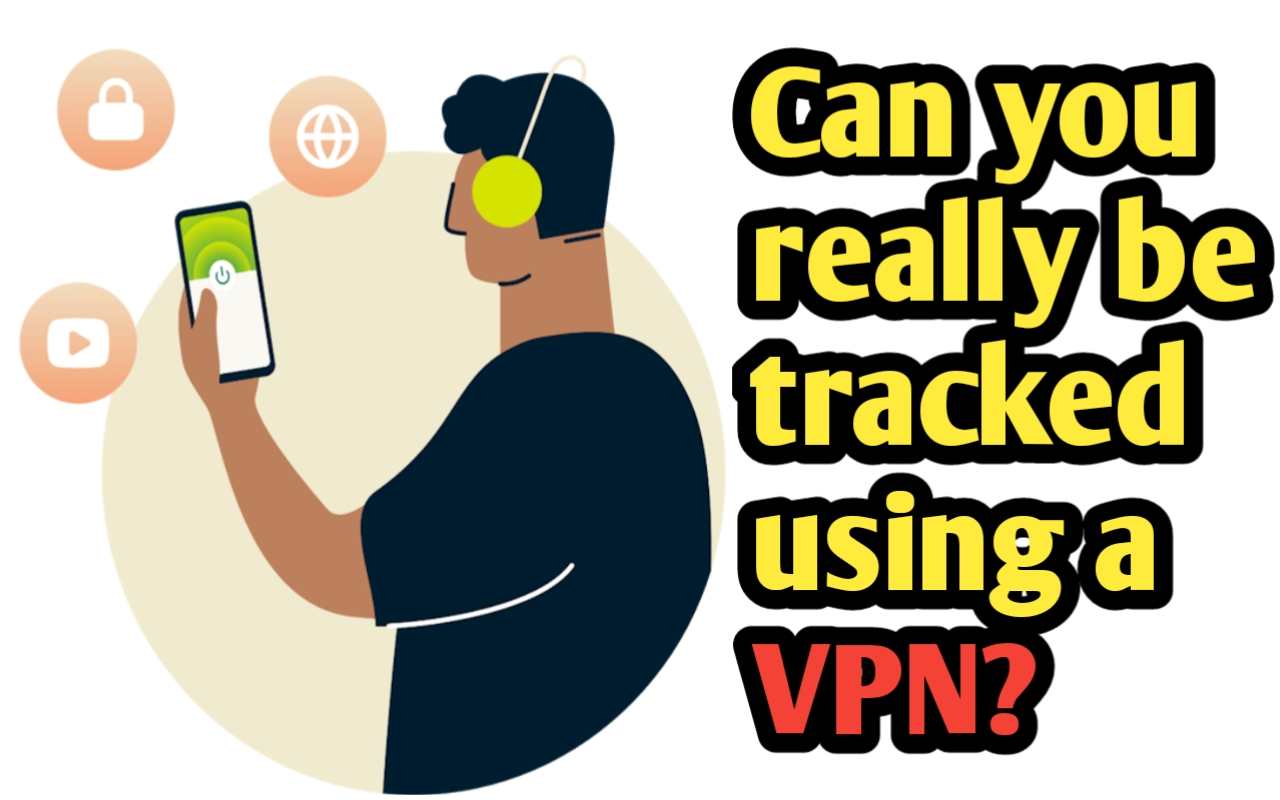What’s the VPN? Can it really protect online privacy and security?
A VPN, also known as a Virtual Private Network is an effective means of secure and private browsing on the Internet. People use it to secure their online activity or access websites that are not available in their location.
With the use of a VPN, it is important for some users to know if they can be tracked or not. This may be due to online privacy concerns, legal issues or a desire to avoid targeted advertising. Understanding the benefits and limitations of a VPN allows you to make informed decisions about your online security.
Does a VPN really protect you from being tracked?
A VPN encrypts the connection between your device and the VPN server. This means that no third party can access your data as it is transferred between your device and the VPN server. A VPN can protect you from being tracked in the following ways:
Websites can not see your IP address. A VPN masks your real IP address, so websites can see the IP address of your VPN server, not yours.
The Internet Service Provider (ISP) is unable to see your activity: A VPN encrypts your internet traffic, so the ISP can’t know what you’re doing online.
Protecting against government surveillance: Browsing activity through a VPN is also protected from the government’s eyes by your ISP.
Your identity is hidden on P2P networks. When sharing files, other people can’t see your real IP address, thus protecting your identity.
Why do people use VPNs?
There are many benefits to using a VPN, including:
Maintaining Privacy: To avoid surveillance by websites, ISPs, and government agencies.
Avoiding government surveillance. In some regions, governments monitor online activity, causing users to have concerns about their freedom and privacy.bypassing the sensor:
A VPN provides access to restricted content in countries with censorship.
Avoiding targeted advertising: A major purpose of tracking is to show targeted ads to users, which many people do not like.
Does a VPN provide complete anonymity?
Although a VPN hides your real IP address and encrypts your online activity, it doesn’t guarantee complete anonymity. Some of the factors are Where the VPN may fail:
Website tracking: Websites may track users using cookies, fingerprinting, and other tracking methods. VPNs aren’t completely effective at stopping them.
VPN tracking service provider: Your VPN provider can see your real IP and keep some of your data safe, so it’s important to choose a VPN provider with a reliable and no-log policy.
Targeted attacks: Some agencies can bypass VPNs through advanced surveillance techniques.
How to improve your privacy by using a VPN.
Choose a reliable VPN service provider. Choose a VPN service with a no-logs policy so that your data is safe.
Don’t log in to the services: When using a VPN, don’t log in to services that can link your activity to your real account.
Make use of a secure browser: Use browsers that take care of privacy and reduce tracking.
Keep your software and passwords up to date: Update the software and use strong passwords to strengthen your security.
Kurt’s main points
A VPN plays an important role in keeping your online activities safe, but it’s not a complete solution. Given the importance of website tracking, VPN provider logs, and advanced hacking techniques, it’s important that you also adopt more security measures with a strong VPN.
To improve your privacy and security, choose a reliable VPN, avoid logging into services, use secure browsers, and keep your software updated. With these steps, you can make your online activities more secure

